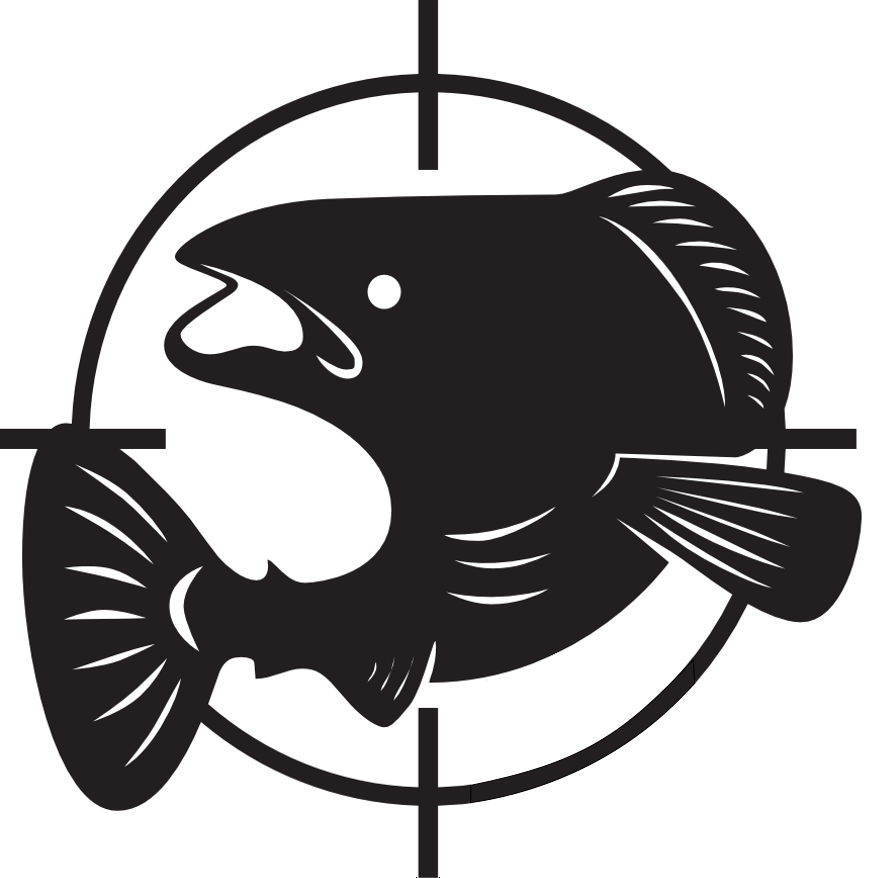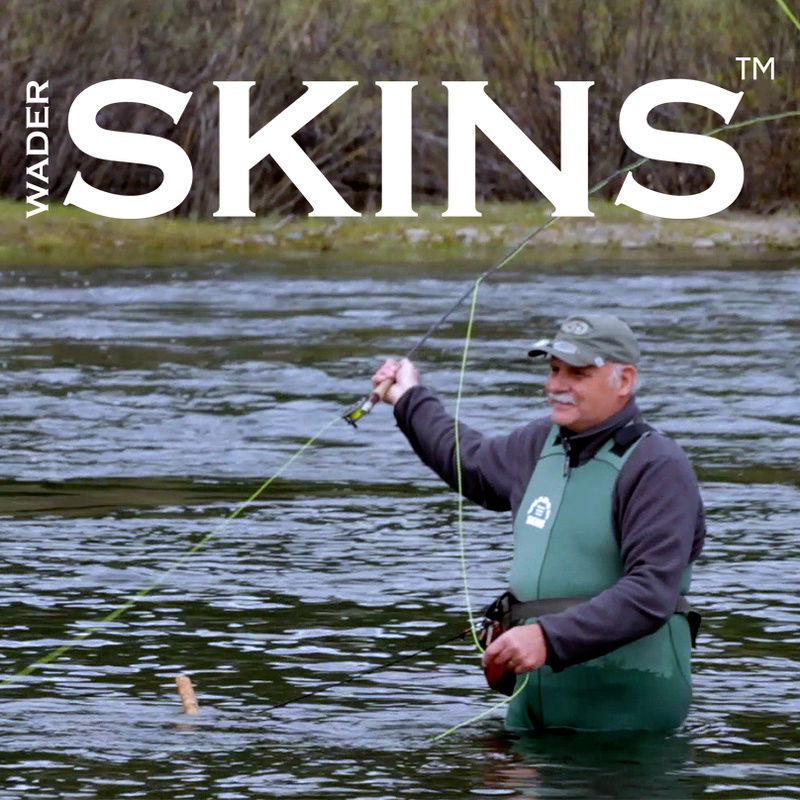Hey guys, like my other post about color I have another one on fishing at night. There are a lot of younger guys on the other forum I post on so this information help's them out a lot more than it does for you "salt dogs" out there. Either way I'll post this here and hope to get some opinions and criticism from you guys....specifically AsianGuy. I posted that stuff about color selection the other day and he presented me with some really cool stuff.....so AsianGuy...I'm calling you out. Teach me your ways lol. I wanna hear some different ideas on this topic...thanks.
Night Time Fishing.....My theory
As you can already tell, when I get bored I like to do short write ups on random things fishing related. This is my theory on night time fishing.....hopefully it gives people a new view on how to target fish at night:
I love fishing at night, it's a time when only the dedicated anglers are on the water and the big bass come out to play. On the East coast big striped bass are caught during the day, I won't say that they're not. However, any "sharpie" who know's a thing or two about a thing or two will miss insane amounts of sleep when the stripers are up north during their annual migrations. More big striped bass are caught in the dead of night than any other time of the day....FACT. I've taken what I know about east coast striper fishing over here to the West coast and many of the same things apply:
It seems that more big spotted bay bass are caught at night, and it seems that more fish (SBB) in general are caught at night than during the day. Some people may have better results during the day, but for me most of my bigger fish are caught at night.
Why?
For striped bass it's well know that the bigger fish are very cautious and don't put themselves in any unnecessary danger...fish don't get big by being dumb. Coming into the shallow's or leaving their "structure" during the day is a sure way of making themselves vulnerable to a ton of different things.
Enough of the east coast and stripers...here's how I think this applies to spotted bay bass.
We all know that spotties are structure orientated fish....pilings, docks, eels grass, drop offs...you get the idea...but they are never really found in the open water. Being ambush predators, they like to sit and hide using cover & concealment. This allows them to obtain careless, easy meals without being somebody else's meal. I've found that during times of low light (very cloudy days, dawn, dusk, & at night) spotties are more likely to venture away from their "hideouts" in order to get some food in their stomach's. I'm not saying they are careless and swim around in search of food, all I'm saying is that they will move off of the structure a bit in hope's of tracking down some food during this time when visibility is extremely limited.
First things first....color. At night I ONLY use black and for more than one reason. First off, we all know that a black bait provides the best silhouette at night. You could throw red's and pink's and blue's and any other color, but at night fish have black and white vision anyways (no color vision). So right off the bat color is not a factor, but a good silhouette is. That's enough about color, if you do better with a different color or don't see my reasoning behind this...well more fish for me and less for you. I'm fine with that. Another factor is size, some guys use bigger baits at night because it has a larger profile. I typically use the same size bait at night as I do during the day, but it's worth trying out if you are looking to change things up.
Some people swear by smell, some people say it doesn't matter. I think scent is more important for covering up the human scent than actually giving off a "bait fish" smell. At night, when presenting your bait slowly to the fish scent can definitely help out. I'll explain more in a minute, but at night vision is less important to fish and they rely on other sense's to help them find food. Smell is one of those sense's. You want to provide your bait as naturally as possible and covering up the human scent we give off (L-Serine) along with the smell of gas, tobacco, sunscreen, insect repellent etc. is a good idea. After the human scent is eliminated adding the smell of a real creature is definitely an added bonus. Keep in mind though, I know plenty of guys who NEVER use scent and catch way more fish than I do. Is scent that important? Maybe not but it adds confidence to the way I fish, and I believe that doing 50 little things the right way to catch 1 more fish per session is worth it.
One of the biggest benefits of using ONLY black at night is that it stops you from constantly changing colors. This gives you more time to focus on proper presentation of your bait, which is in my opinion the biggest factor at night.
My theory:
During the day the visibility is definitely better than at night. Fish (both predators and prey) use a number of sense's to operate. The most used sense's are vison, the lateral line, and smell (not necessarily in that order, depending on species). During the night, vision is almost completely out of the equations, but not quite. If you were to walk into a pitch black room at night your vision is not going to help you at all, instead your other sense's are heightened: touch, sound, and even smell. The same applies to fish at night, the lateral line is in my opinion the one thing fish rely on to both find food and avoid being somebody's next meal.
At night everything slows down. For the most part bait fish (not necessarily schooling bait fish) creep around cautiously, trying not to give away their position by being loud and sending out their location to nearby fish. If a bait fish were to move around fast, darting back and forth, sending off huge vibrations it would be unnatural and actually spook fish. So why would you ever do this with your lure? The key at night is slow....so slow it hurts sometimes. You want to present your bait as naturally as possible to the fish, and working it through the water like a cautious bait fish is the best way to do this at night. Don't worry, even though you are "impersonating" a bait fish trying NOT to get eaten the spotties will have no problem tracking down your lure and killing it with much enthusiasm.
Another reason why slower is better: It simply gives the fish more time to key in on the bait for a good kill. It is proven however that blinded fish can still survive with no problems at all, simply by using their lateral lines. By slowing down your retrieve you are just ensuring that the fish get's a good first shot at it.
Other night time considerations:
Light
I try to limit the use of my headlamp as much as possible, or at least keep it aimed away from the water & use a red light. A big flash of light in the water will spook fish. Like human's, it takes a fish awhile to adjust to daylight or night time conditions...a flash of light will hurt their vision temporarily blinding them. This being said, fish hanging around under docks, piers, bridges and other ares where there is constant light are adjusted to that condition and will not be spooked. As a matter of fact, a lot of predators will hang around these areas because of the increased amount of bait fish present.
Sound
Sound can be a big issue at night and during the day. Try not to make any noise when approaching a certain area you are going to fish. If on a tube or kayak try to drift of glide to the desired spot...avoid using your fins as much as possible. At night there is less boat traffic, less people moving around on the docks making noise, everything just quiets down. You kicking around like a mad man will not necessarily scare a spotty away who is 10-15 feet below you...but it may make him very cautious and less likely to eat until you leave.
The truth is: I over think things way to much. I try to think of a reason behind everything I do, and try to think of the "science" behind things to figure out why fish do what they do. Even though the books say "fish do this", fish don't read books and are constantly doing things that surprise us. Use whatever I've written as just another way of approaching things, that's all. When it's all said and done fishing is fishing and is meant to be fun. Heck, I wouldn't be surprised if some of you have caught fish by doing thevexact opposite of everything I just said. Keep it simple, keep it cool and have fun.
Night Time Fishing.....My theory
As you can already tell, when I get bored I like to do short write ups on random things fishing related. This is my theory on night time fishing.....hopefully it gives people a new view on how to target fish at night:
I love fishing at night, it's a time when only the dedicated anglers are on the water and the big bass come out to play. On the East coast big striped bass are caught during the day, I won't say that they're not. However, any "sharpie" who know's a thing or two about a thing or two will miss insane amounts of sleep when the stripers are up north during their annual migrations. More big striped bass are caught in the dead of night than any other time of the day....FACT. I've taken what I know about east coast striper fishing over here to the West coast and many of the same things apply:
It seems that more big spotted bay bass are caught at night, and it seems that more fish (SBB) in general are caught at night than during the day. Some people may have better results during the day, but for me most of my bigger fish are caught at night.
Why?
For striped bass it's well know that the bigger fish are very cautious and don't put themselves in any unnecessary danger...fish don't get big by being dumb. Coming into the shallow's or leaving their "structure" during the day is a sure way of making themselves vulnerable to a ton of different things.
Enough of the east coast and stripers...here's how I think this applies to spotted bay bass.
We all know that spotties are structure orientated fish....pilings, docks, eels grass, drop offs...you get the idea...but they are never really found in the open water. Being ambush predators, they like to sit and hide using cover & concealment. This allows them to obtain careless, easy meals without being somebody else's meal. I've found that during times of low light (very cloudy days, dawn, dusk, & at night) spotties are more likely to venture away from their "hideouts" in order to get some food in their stomach's. I'm not saying they are careless and swim around in search of food, all I'm saying is that they will move off of the structure a bit in hope's of tracking down some food during this time when visibility is extremely limited.
First things first....color. At night I ONLY use black and for more than one reason. First off, we all know that a black bait provides the best silhouette at night. You could throw red's and pink's and blue's and any other color, but at night fish have black and white vision anyways (no color vision). So right off the bat color is not a factor, but a good silhouette is. That's enough about color, if you do better with a different color or don't see my reasoning behind this...well more fish for me and less for you. I'm fine with that. Another factor is size, some guys use bigger baits at night because it has a larger profile. I typically use the same size bait at night as I do during the day, but it's worth trying out if you are looking to change things up.
Some people swear by smell, some people say it doesn't matter. I think scent is more important for covering up the human scent than actually giving off a "bait fish" smell. At night, when presenting your bait slowly to the fish scent can definitely help out. I'll explain more in a minute, but at night vision is less important to fish and they rely on other sense's to help them find food. Smell is one of those sense's. You want to provide your bait as naturally as possible and covering up the human scent we give off (L-Serine) along with the smell of gas, tobacco, sunscreen, insect repellent etc. is a good idea. After the human scent is eliminated adding the smell of a real creature is definitely an added bonus. Keep in mind though, I know plenty of guys who NEVER use scent and catch way more fish than I do. Is scent that important? Maybe not but it adds confidence to the way I fish, and I believe that doing 50 little things the right way to catch 1 more fish per session is worth it.
One of the biggest benefits of using ONLY black at night is that it stops you from constantly changing colors. This gives you more time to focus on proper presentation of your bait, which is in my opinion the biggest factor at night.
My theory:
During the day the visibility is definitely better than at night. Fish (both predators and prey) use a number of sense's to operate. The most used sense's are vison, the lateral line, and smell (not necessarily in that order, depending on species). During the night, vision is almost completely out of the equations, but not quite. If you were to walk into a pitch black room at night your vision is not going to help you at all, instead your other sense's are heightened: touch, sound, and even smell. The same applies to fish at night, the lateral line is in my opinion the one thing fish rely on to both find food and avoid being somebody's next meal.
At night everything slows down. For the most part bait fish (not necessarily schooling bait fish) creep around cautiously, trying not to give away their position by being loud and sending out their location to nearby fish. If a bait fish were to move around fast, darting back and forth, sending off huge vibrations it would be unnatural and actually spook fish. So why would you ever do this with your lure? The key at night is slow....so slow it hurts sometimes. You want to present your bait as naturally as possible to the fish, and working it through the water like a cautious bait fish is the best way to do this at night. Don't worry, even though you are "impersonating" a bait fish trying NOT to get eaten the spotties will have no problem tracking down your lure and killing it with much enthusiasm.
Another reason why slower is better: It simply gives the fish more time to key in on the bait for a good kill. It is proven however that blinded fish can still survive with no problems at all, simply by using their lateral lines. By slowing down your retrieve you are just ensuring that the fish get's a good first shot at it.
Other night time considerations:
Light
I try to limit the use of my headlamp as much as possible, or at least keep it aimed away from the water & use a red light. A big flash of light in the water will spook fish. Like human's, it takes a fish awhile to adjust to daylight or night time conditions...a flash of light will hurt their vision temporarily blinding them. This being said, fish hanging around under docks, piers, bridges and other ares where there is constant light are adjusted to that condition and will not be spooked. As a matter of fact, a lot of predators will hang around these areas because of the increased amount of bait fish present.
Sound
Sound can be a big issue at night and during the day. Try not to make any noise when approaching a certain area you are going to fish. If on a tube or kayak try to drift of glide to the desired spot...avoid using your fins as much as possible. At night there is less boat traffic, less people moving around on the docks making noise, everything just quiets down. You kicking around like a mad man will not necessarily scare a spotty away who is 10-15 feet below you...but it may make him very cautious and less likely to eat until you leave.
The truth is: I over think things way to much. I try to think of a reason behind everything I do, and try to think of the "science" behind things to figure out why fish do what they do. Even though the books say "fish do this", fish don't read books and are constantly doing things that surprise us. Use whatever I've written as just another way of approaching things, that's all. When it's all said and done fishing is fishing and is meant to be fun. Heck, I wouldn't be surprised if some of you have caught fish by doing thevexact opposite of everything I just said. Keep it simple, keep it cool and have fun.

 Home
Home

























